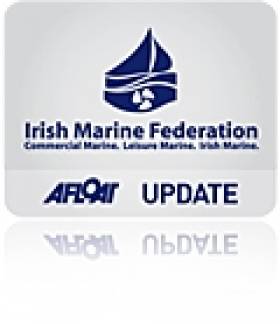Displaying items by tag: Federation of Irish Fishermen
Single Maritime Authority 'Essential for an Island People'
The new Government's plans to merge marine responsibilities into a single department has received a guarded welcome from Ireland's marine trade bodies.
In today's Irish Times, the Irish Marine Federation is quoted as saying a "single maritime authority is essential for an island people".
Federation of Irish Fishermen chairman Seán O'Donoghue also welcomed the merger plans, but not if it becomes a subset of a larger department.
Fergus Cahill, chairman of the Irish Offshore Operators' Association, which represents oil and gas companies, said the splitting-up of the Department of Marine in 2002 was a "disaster".
He welcomed the new programme's promise to promote offshore drilling and "streamline" the regulatory process for developing mineral resources.
























































